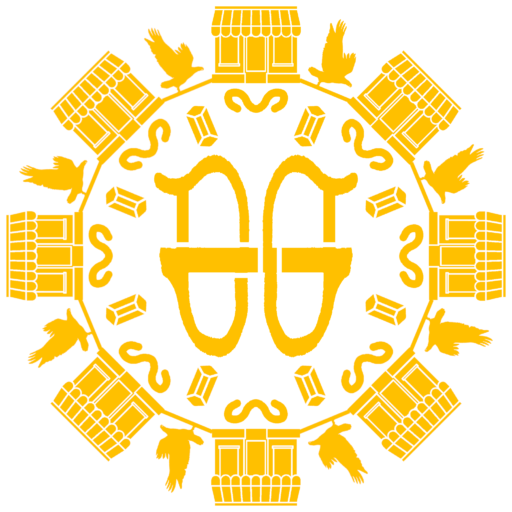It truly was an honor to share another work by a Native American elder. There is not much of these copies of this book, so I was quite fortunate to find it.
Plot
Basically, this book is a compilation of essays written by Wampanoag Elder, Avant, for the magazine The Mashpee Enterprise. They involve personal accounts, mythological stories, and history. Although the book is not organized into parts based on these topics, there is a type of flow that comes with reading through this 90-page compilation.
Themes
A major theme that ties these essays together is the relationship the Wampanoag Nation has to nature, specifically with their lands in where they thrived off the rivers and the farming crops. This comes into conflict with the European settlers, who placed incremental restrictions upon their access to land for sustenance.
This was also a theme I found with another Elder\’s memoir, which is the remembering of a time when American capitalism did not impose themselves upon indigenous lands and effectively became a modern form of imperialism.
Another theme involves the negativity that comes with the misinformation that the outside receives about the Wampanoag Nation, such as that they no longer exist or that Mashpee is not a tight-knit indigenous community.
Joan Tavares Avant
Unfortunately, I do not see that much about Avant herself in this book. If anything, this book seems to be more about the Wampanoag people themselves than Avant, with her essay \”With Intent to Survive\” being an exception. Of course, it is not necessarily bad, but I was hoping to see more of Avant\’s life as an Elder come up. The front cover referred to Avant as \”Granny Squannit\” and yet there is nothing explanatory about that name.
She does, however, discuss much about her grandmother, who was a Wampanoag autodidact who deeply studied the Wampanoag history and her house became a museum years later.
Writing Style
Since these are essays, Avant takes the opportunity to make use of not just the technical geographical/historical information, but also timelines, recipes, a creation story, legal language, interview transcripts, and quotations made by other members of the Wampanoag Nation, including former Chiefs.
Another thing to consider when reading these as essays is that Avant writes in a very direct way, without any flowery prose, rather just gets into the technical information.
Real World Application
In \”Wampanoag Country, Mashpee, Massachusetts: A Brief Historical Sketch,\” it firmly explains who the Wampanoag Nation is, specifically by outlining their 12,000 year history up to the present (which was 2010 when this was compiled). Basically, they were the tribe that allied with the Pilgrims during Thanksgiving, until it later led to the more white encroachment upon their lands as well as their servitude to them, by residing in areas run by overseers.
This book serves the purpose of educating whoever reads it about the Wampanoag Nation. Avant addresses not only natives, but non-natives as well in this book.
Just like the other piece of Wampanoag literature, this takes into account the education of the multi-surfaced nature of the Thanksgiving holiday and dispelling any stereotypes of the Wampanoag as only existing as the tribe that met with the Pilgrims and not living today. In this complication\’s case, it involved seeing the confrontation of those stereotypes in action in a work of fiction; whereas these essays merely show these truths with information.
When it came to the true origins of the Thanksgiving holiday, Avant bluntly stated:
\”Preparing a meal of vegetables, cranberries, fowl, venison, and seafood was a prelude to many thanksgiving celebrations by the Wampanoag for centuries before the Pilgrims arrived. More credit should be acknowledged for the Wampanoag, giving credit where credit is due!\”
Indeed, I personally would love to see the Thanksgiving holiday remove the narrow focus on the Pilgrims and more on the Wampanoag Nation for the ceremonial purpose of talking about Squankum and Massasoit, but as a way to highlight their importance in American history.
No longer just \”the Thanksgiving Indians\”
Definitely, the Wampanoag Nation vocalize their relevance in this compilation under the guidance of Joan Avant.
Avant, Joan Tavares. \”People of the First Light: Wisdoms of a Mashpee Wampanoag Elder.\” Joan Tavares Avant. 2010.
